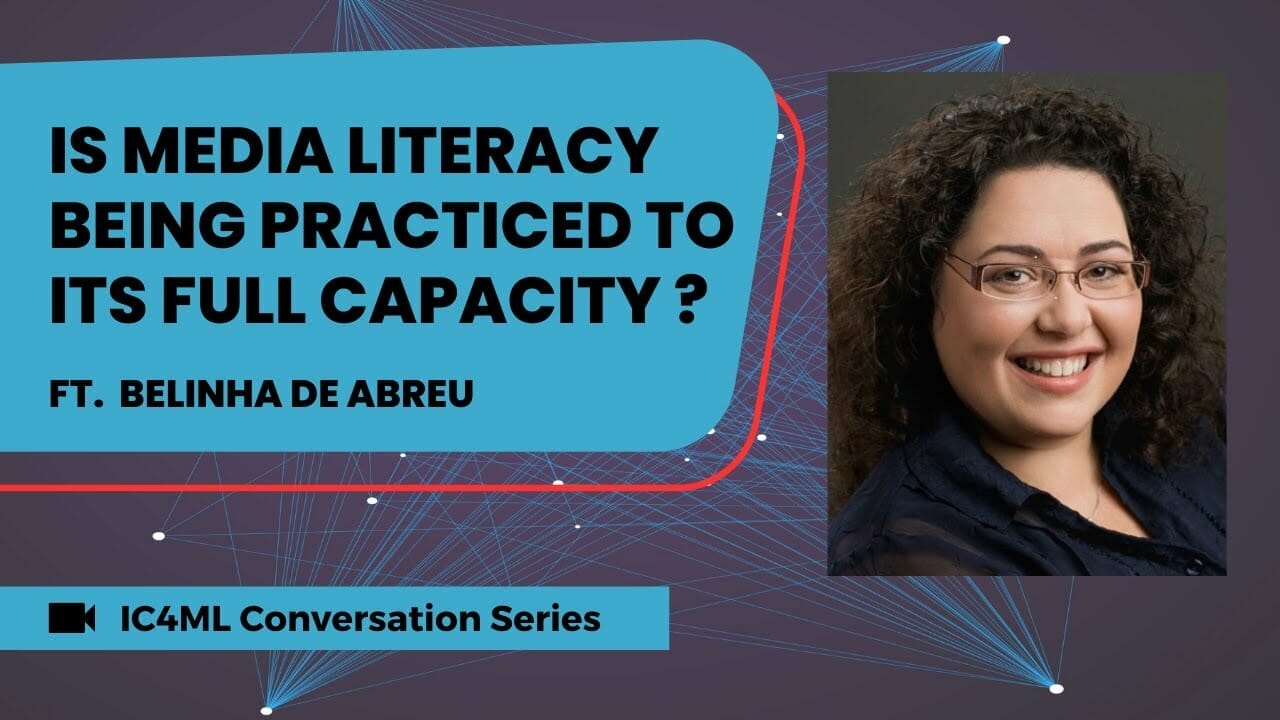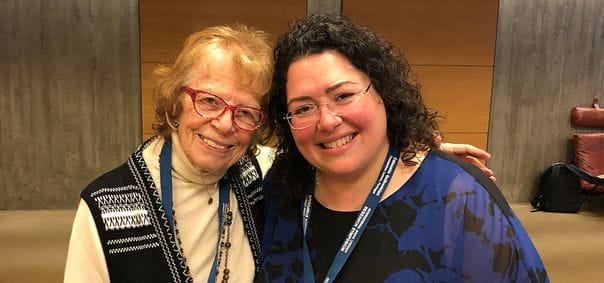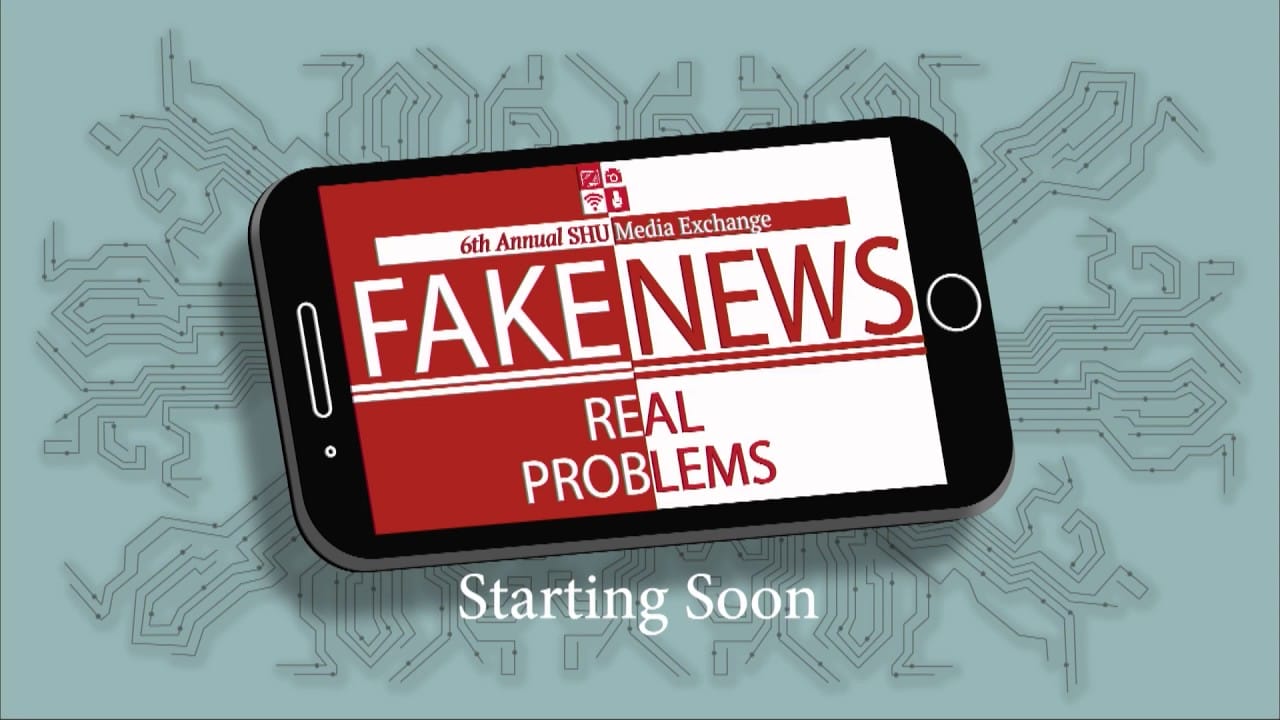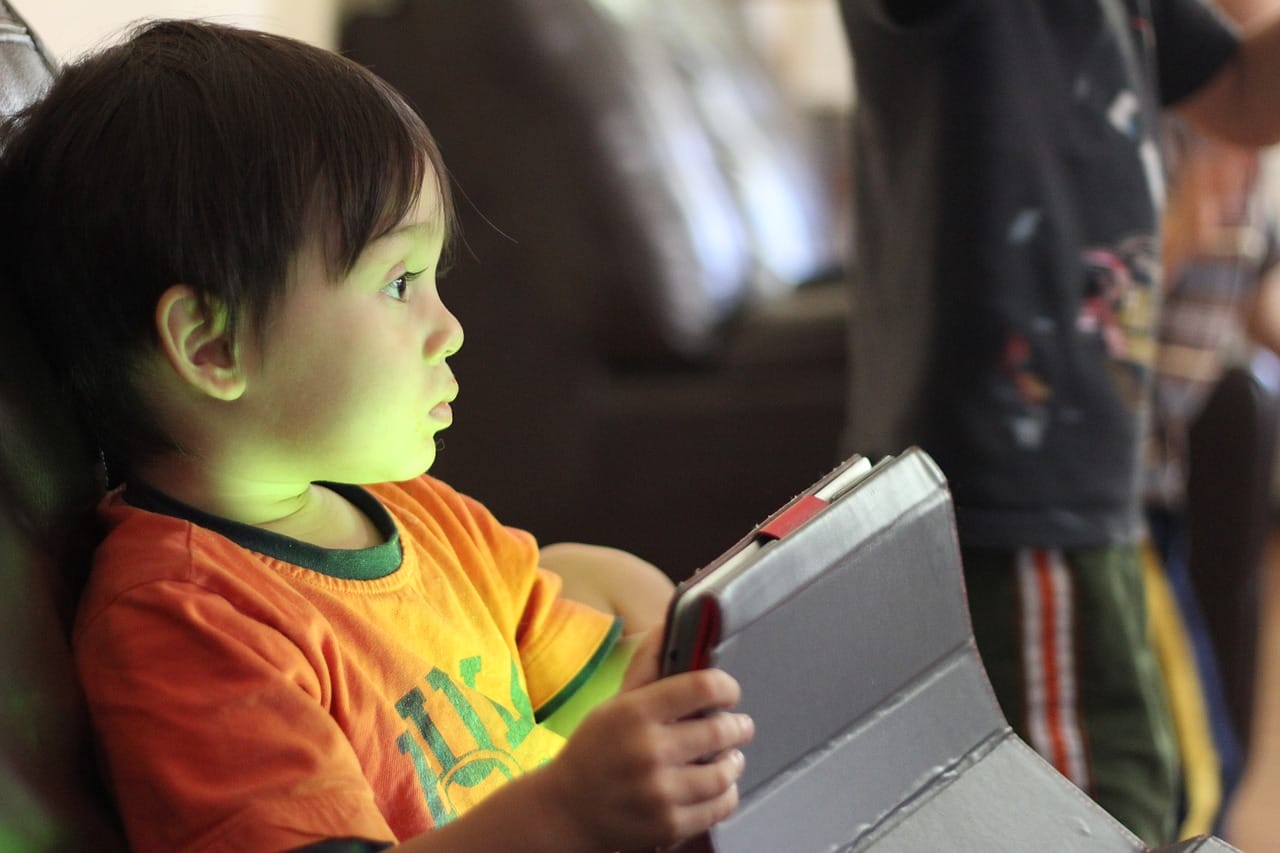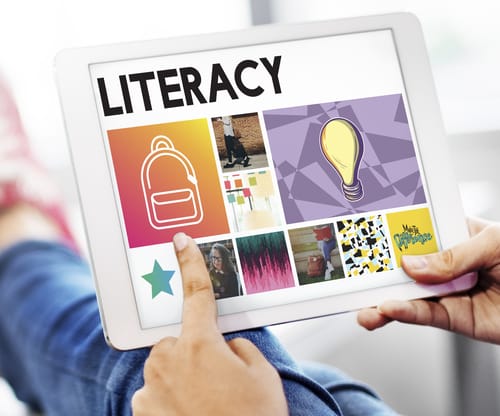By Belinha De Abreu, PhD.
Censorship, cancel culture, Generative AI, ethics, or lack of ethics are topics found daily in the media as well as mainstream conversation. Where is the media literacy education amid the concerns that have arisen? It should be front and center, but the problem is that the heartbeat of the work is missing as its focal point. In part, because people are so focused on the unknowns which have caused internalized as well as vocalized angst. It is also because media literacy education has been misunderstood to be just about teaching the identification of misinformation. Instead, media literacy is a more thoughtful consideration of how media influences our lives in all forms. Media literacy education requires that we question and consider various points of views and perspectives. It is about engagement, not indifference.
In a recent The Atlantic interview, Chimamanda Ngozi Adichie stated, “I worry that what we’re looking at is the end of curiosity” (2023). Are we? As it certainly appears that we are living in a time of constrictive narratives. Adichie speaks to these points in her 2009 TED Talk, but this theme has found relevance in the workings of today’s world where language needs to be couched and self-censorship perseveres at times for the sake of self-preservation.
Two sides of the same coin
Censorship and cancel culture have become key points of national discourse, heightened since 2016. Increasingly, both sides of these issues have created the same inequities in our culture. The ability to shut down discussions creates people who want to eliminate materials in the public space. No one wins. In fact, everyone is losing especially the general population who is being subjected to rhetoric without understanding the context of the issues. In this coin flip, it can cause uncertainty and even chaos. We lose the ability to have conversation, to discern, and to talk to each other.
Are there rights and wrong? Yes, in some cases, but in many cases, there is more than presented. We are after all made up of many facets and we learn about that through being presented with multiple points of view whether in literature or in other public forums. Listening and processing what is happening around us helps us to better understand the world. It enables us to consider others’ opinions and to have rational, solutions-based conversations.
Many of us have read the books: Fahrenheit 451, 1984, and Animal Farm which are all about the power structures that control the people. Fear and control, those power structures exist today in various forms. They are subjugated to the position that one wants to control or control someone else. It is the cherry picking of ideas and the lack of full understanding. But in here lies the crux of the issue, we don’t want to understand or fully see the scope of why someone is so upset that they want to pull a book out of library or that one wants to shame someone into oblivion, so their voice is silenced. Isn’t this exactly the same action? Here is the coin flip.
Whose voice?
“The voice of the voiceless.” This sentence is used widely. I’ve used it and there is a distinct problem with the way it presents itself because we all have a voice. However, what if you are fearful to use your voice because of what was discussed above? What if instead of opening society to have a pluralistic view of the world, we are creating a singularity? The differences, the multifaceted viewpoints, the diversity that we say we want to encourage are instead being lost to the angry voices which drown out other voices. Is this helpful? Are we in the midst of a culture war because we are losing ourselves to the intolerance of ideas?
My college students have indicated to me that they are fearful of speaking up in class for they don’t know who will be upset with their statements. Even if they are curious, and they have questions that would help to inform them better, they choose not to speak. It becomes harder to educate someone when there is no dialogue or transparency in understanding how information or even misinformation presents itself. How can we foster that in our communities, classrooms and world?
Being Comfortable in the Uncomfortable.
This part is the most difficult. In a polarized society, how do we get to a point where we can have the uncomfortable conversations. That those conversations are exchanges of ideas that allow for growth to happen. Beyond assumptions, beyond fear and control, is a place where common language, discourse, discernment, and engagement exists. The question is how do we cultivate that without jeopardizing already fragile relationships? In bell hooks work, she talks about harmonious spaces that foster intellectual curiosity as well as sustainability. It is perhaps the one path that leads us to the constructive building blocks of our society.
Amplifying AI
With Generative AI here and adding to the turmoil, these conversations need to continue. The amplification of these tools is changing our world and it will also change the way in which we interact with each other further. As part of the work of media literacy, an ethics component needs to be included in our growing dialogue. In many ways, media literacy education is stuck in the misinformation space, mostly because there is a lot of work to be done there, but Open AI is growing and being infused in all that we do regularly and at a growing speed. What is the stopgap or gatekeeper to ensure ethical conduct in this space? It seems tenuous at best and one that seems to be circling instead of gathering a stronger foothold by which we all have an invested interest, especially if we are interested in an effective humanistic society.
Final Thoughts
The issues presented here are increasing with more societal upheaval. We are already disrupted by the images, messaging, and the media tools that we use regularly. The question remains, how do we make the work of media literacy education accessible to all as a means of counteracting the disruption? The answer is not simple but can be found within the cultivation of media literacy education practice. At its best, it requires an openness in understanding ambiguity, and it requires a willingness to understand the human experience in its fullest expression, thus considering the humanity in all of us. Only then, can we move forward.
References:
Sarappo, E. (2023, October 2). “Chimamanda Ngozi Adichie: ‘ I worry that what we’re looking at is the end of curiosity.’” The Atlantic. Retrieved: https://www.theatlantic.com/books/archive/2023/10/chimamanda-ngozi-adichie-atlantic-festival-freedom-creativity/675513/
This piece originally appeared on the ALA Store blog



